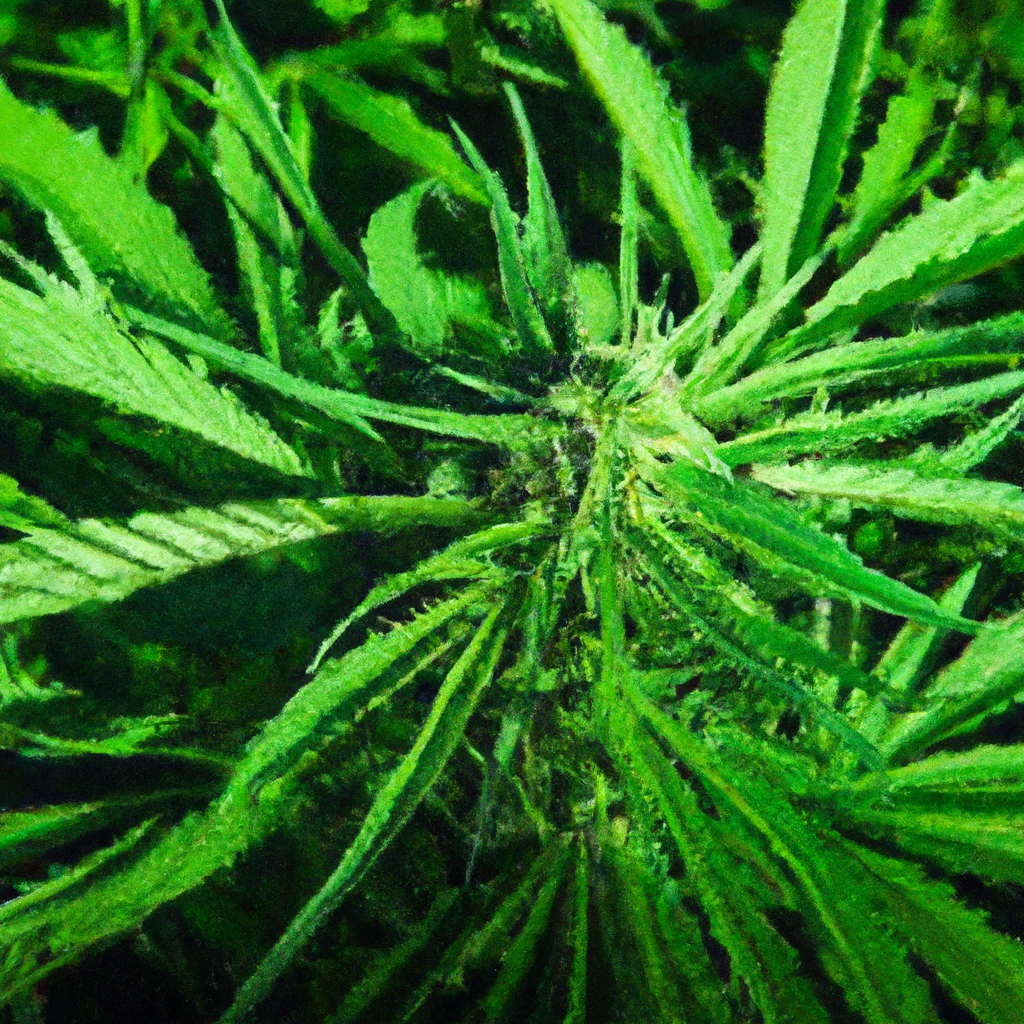Your cart is currently empty!
As the world moves towards sustainable farming solutions, integrating smart agriculture technology within cannabis cultivation is emerging as a promising frontier. This innovative approach not only improves efficiency but also contributes to environmental conservation.
Introduction to Smart Agriculture
Smart agriculture utilizes advanced technologies such as IoT, sensors, and AI to enhance farming practices. By employing these technologies, farmers can optimize water usage, monitor crop health, and enhance yield quality, making it an efficient solution for the cannabis industry.
Implementing Smart Agriculture in Cannabis Cultivation
How-to Integrate Sensors and IoT
Sensors and IoT devices play a crucial role in smart agriculture by monitoring and collecting data on various environmental factors. Here’s how they can be integrated into cannabis cultivation:
- Environmental Monitoring: Use sensors to track soil moisture, air humidity, temperature, and light levels to ensure optimal growing conditions.
- Automated Irrigation: Employ IoT systems to automate watering schedules based on real-time data, preventing both over- and under-watering.
- Crop Health Monitoring: Implement sensors to detect signs of disease or nutrient deficiencies at early stages, allowing for timely intervention.
Advanced Growing Techniques Using AI
Artificial Intelligence (AI) can significantly impact the cannabis cultivation process by providing predictive insights and optimizing resource allocation:
- Predictive Analytics: Use AI algorithms to predict pest outbreaks or nutrient needs, enabling proactive measures.
- Yield Optimization: Analyze past data to create growth models for maximizing cannabis yield and quality.
- Resource Management: AI helps in efficient resource scheduling, ensuring minimal waste of fertilizers and water.
Case Study: Successful Implementation
Green Leaf Farms, a California-based cannabis producer, adopted smart agriculture techniques and experienced remarkable outcomes. By integrating AI-powered sensors, they managed to reduce water usage by 30% and saw a 15% increase in yield over a year. Their success story illustrates the potential benefits of smart agriculture in cannabis cultivation.
Conclusion
The implementation of smart agriculture technologies in cannabis cultivation presents an exciting opportunity for sustainable and efficient farming. By adopting these practices, cultivators can not only increase productivity but also significantly reduce their environmental footprint. As the industry evolves, these smart solutions will undoubtedly become central to modern cannabis farming.
Tags: SmartAgriculture, CannabisCultivation, Innovation, Sustainability
Discover more from Magic Clones
Subscribe to get the latest posts sent to your email.


Leave a Reply